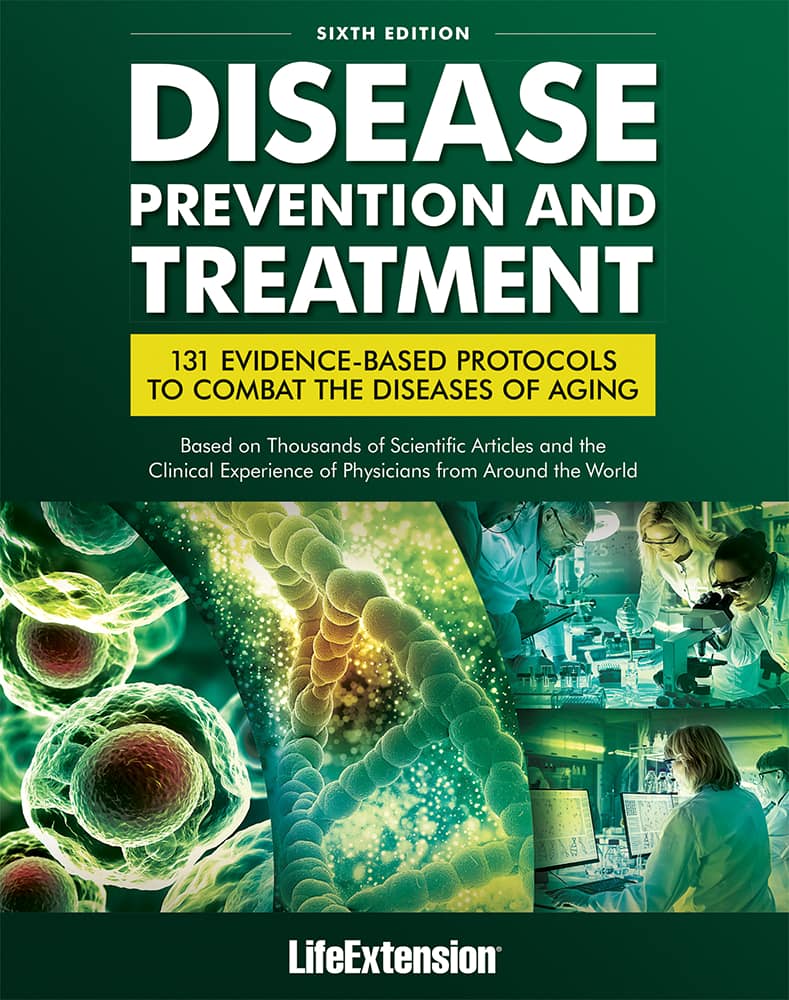
Newsletter
Newsletter
Greater vitamin C, folate, potassium intake linked with longer telomeres



Tuesday, October 4, 2016
On August 22, 2016, the Journal of Human Nutrition and Dietetics published a report by researchers at Kookmin University in Seoul, Korea which revealed an association between increased consumption of specific micronutrients and longer telomere length.
Telomeres, which shorten with aging, are regions of DNA that cap and protect the ends of chromosomes. Longer telomere length has been associated with a reduction in the risk of age-related diseases that include diabetes, coronary heart disease and dementia.
The current investigation included 1,958 participants in the ongoing Korean Genome Epidemiology Study aged 40 to 69 years upon enrollment between 2001 and 2003. Dietary questionnaire responses were analyzed for the amount of vitamins A, B1, B2, B3, B6, C and E, folate, calcium, phosphorus, potassium, iron and zinc consumed. Leukocyte (white blood cell) telomere length was assessed at the ten-year follow-up examination.
Adjusted analysis uncovered an association between greater intake of vitamin C, folate and potassium with longer telomere length, which further analysis determined was significant only among those who were younger than 50 years upon enrollment—a finding that the authors suggest could be due to a lower intake of these nutrients among older subjects
Authors J.-Y. Lee and colleagues note that the ability of antioxidants' such as vitamin C to modify the balance between antioxidant and antioxidative response could influence telomere length, and add that a greater intake of vitamins C and E from the diet or multivitamins has been associated with longer telomere length in women. Specific B vitamins that include folate play a role in telomere maintenance due to their participation in DNA repair, methylation and chromosome maintenance in one-carbon metabolism pathways. While the mechanism supporting potassium in telomere maintenance is less clear, the mineral is present in fruit and vegetables, which, when consumed in higher amounts, have been associated with longer telomere length in previous studies.
"Our findings are supportive, to a certain degree, of the hypothesis that earlier consumption of antioxidant nutrients and B-vitamins involved in one-carbon transfer pathways is associated with longer leukocyte telomere length, suggesting the effects of nutrient intake on biological aging," Dr Lee and colleagues write.
"We found longitudinal associations of vitamin C and folate, as well as potassium intake, with leukocyte telomere length among middle-aged and older adults," they conclude. "However, further studies are necessary to determine the causal relationship between the consumption of these nutrients and changes in telomere length. In addition, whether the use of vitamin C and folate supplements can help maintain telomeres is not known and warrants further study."
 |
|
|||||||||||||||||
|
||||||||||||||||||
 |
|
|||||||||||||||||
|
||||||||||||||||||
How Life Extension lab testing works
Connecting to Agent...
Who would you like to talk to?
Chat Hours:
Visit Contact Us or Call us:
7 days a week | 24 hours
Mon - Fri | 7:30 AM - 12 AM (ET)
Sat & Sun | 9 AM - 12 AM (ET)
How was your experience with our Agent?